- Regime arrests dozens of Muslims in Sittwe over alleged Arakan Army links
- Over 200 IDPs in Ponnagyun struggle without shelter, food aid
- Junta airstrikes inflict deep psychological trauma on children in Arakan State
- Photo News: Over 200 IDPs in Ponnagyun in urgent need of shelter assistance
- Two children injured by UXO in Mrauk-U struggle to afford medical care
UTIs a growing health concern in Arakan State
Though UTIs are a condition affecting both sexes, women are more prone to contracting the infections, which can become a serious health issue if left unaddressed.
02 Oct 2024

DMG Newsroom
2 October 2024, Sittwe
Urinary tract infections (UTIs) have become increasingly prevalent in Arakan State this year, and are a growing health concern among displaced populations in particular due to their limited access to healthcare services.
The rise in UTI cases is being attributed to poor personal hygiene and lack of health knowledge.
"My husband only went to see a doctor after contracting UTIs for a while. The doctor said he needed surgery. His condition should not have been this bad, if he had taken care of it earlier," said a displaced woman from Pauktaw Township.
The doctor suggested that he receive medical treatment in Yangon, which has better healthcare facilities.
Though UTIs are a condition affecting both sexes, women are more prone to contracting the infections, which can become a serious health issue if left unaddressed.
One displaced woman from Sittwe said: "The symptoms are not severe. So, I haven't seen a doctor or taken any medicine. I have often washed it with warm water. My fellow villagers have also recovered without taking medicine."
If faced with difficulties accessing hospitals or clinics, healthcare workers advise that people suffering from UTIs in Arakan State can try natural remedies such as avoiding high-sugar and spicy foods, betel, tobacco, caffeine and alcohol, and drinking plenty of water.
"UTIs are common in rural areas, but people usually don't seek medical treatment at hospitals or clinics as it is not a serious complaint. They will only take medicines sold in their villages," said a doctor from Arakan State.
Many civilians have been displaced by fighting between the Myanmar military and Arakkha Army (AA) in Arakan State, which the regime has essentially cut off from the rest of the country for nearly 11 months. Residents have been suffering from shortages of food, medicines and other vital items, and are facing attendant price hikes affecting all manner of goods.




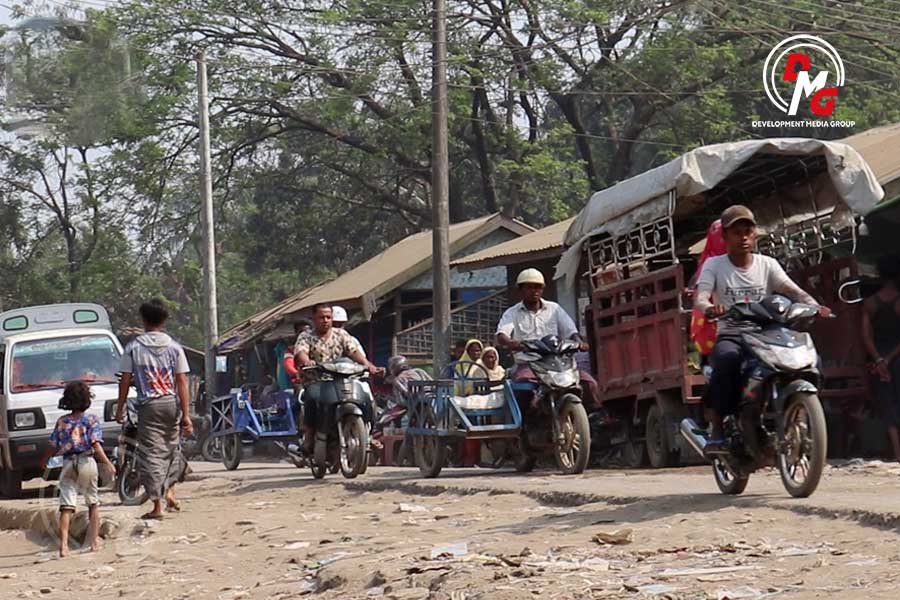
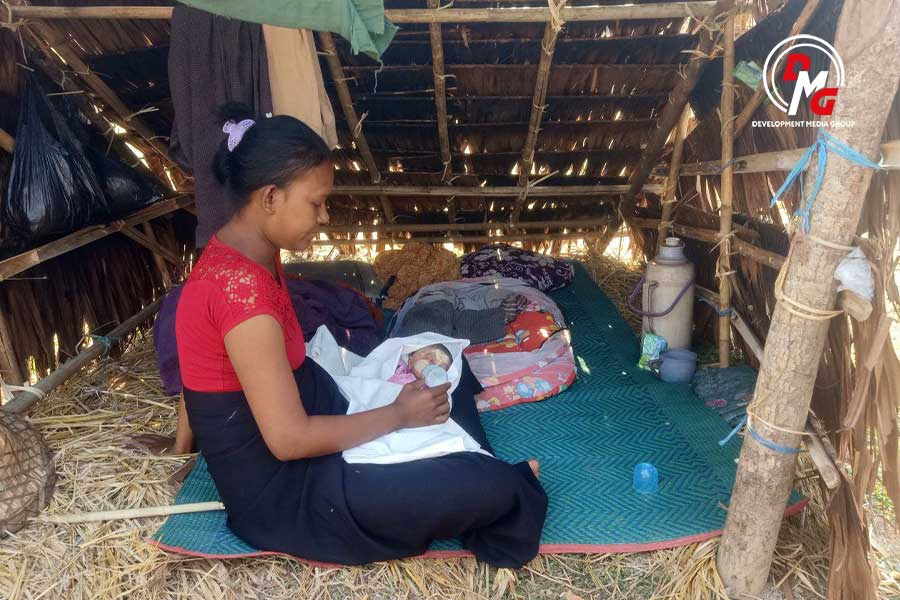
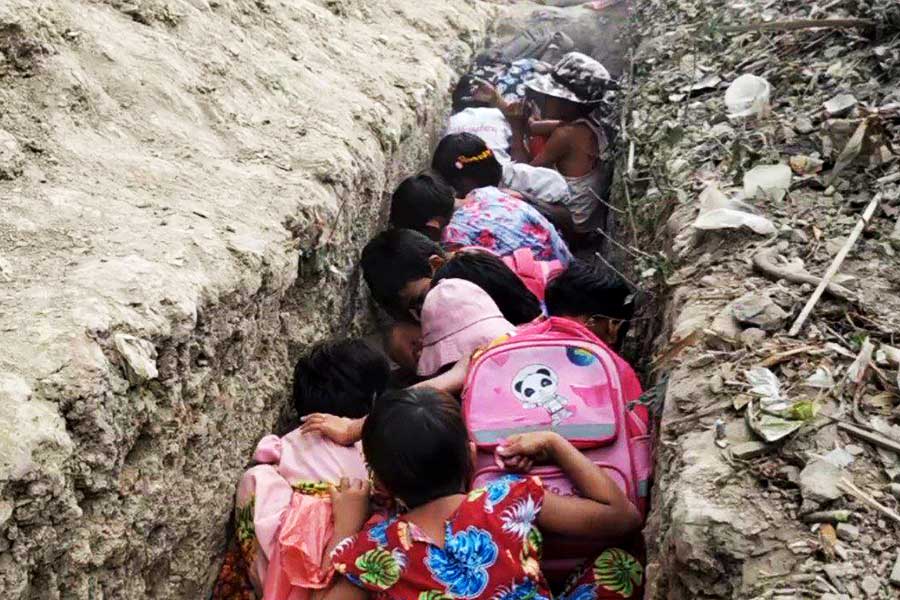
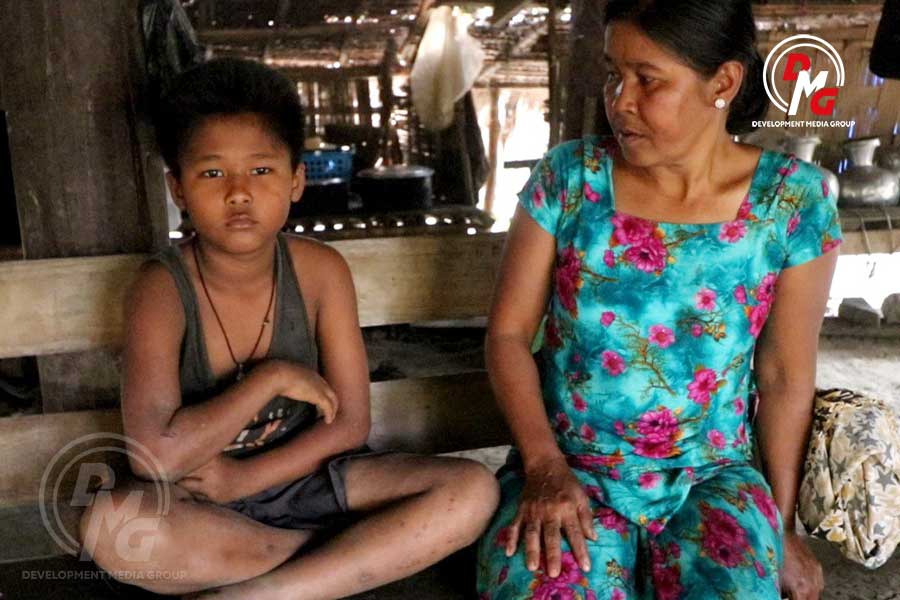
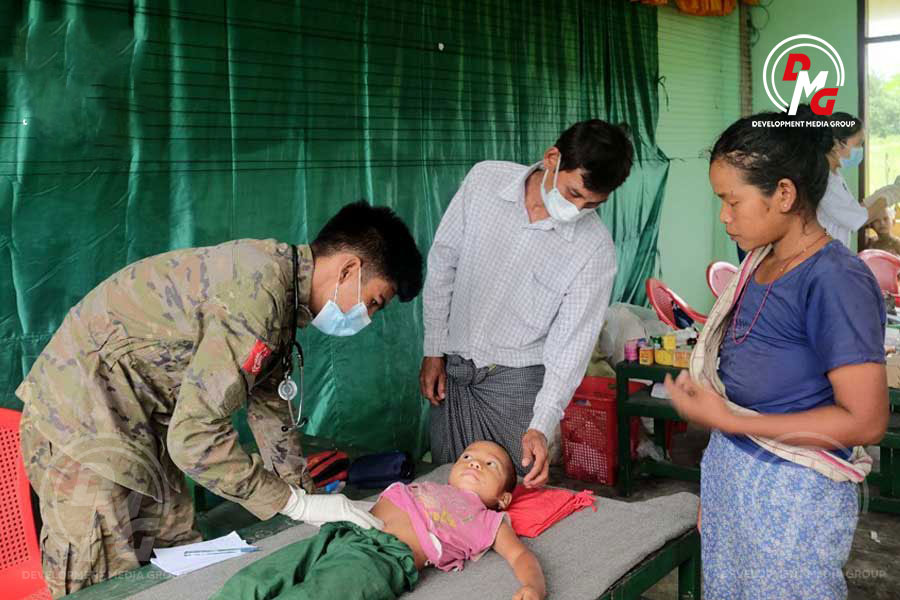








.jpg)